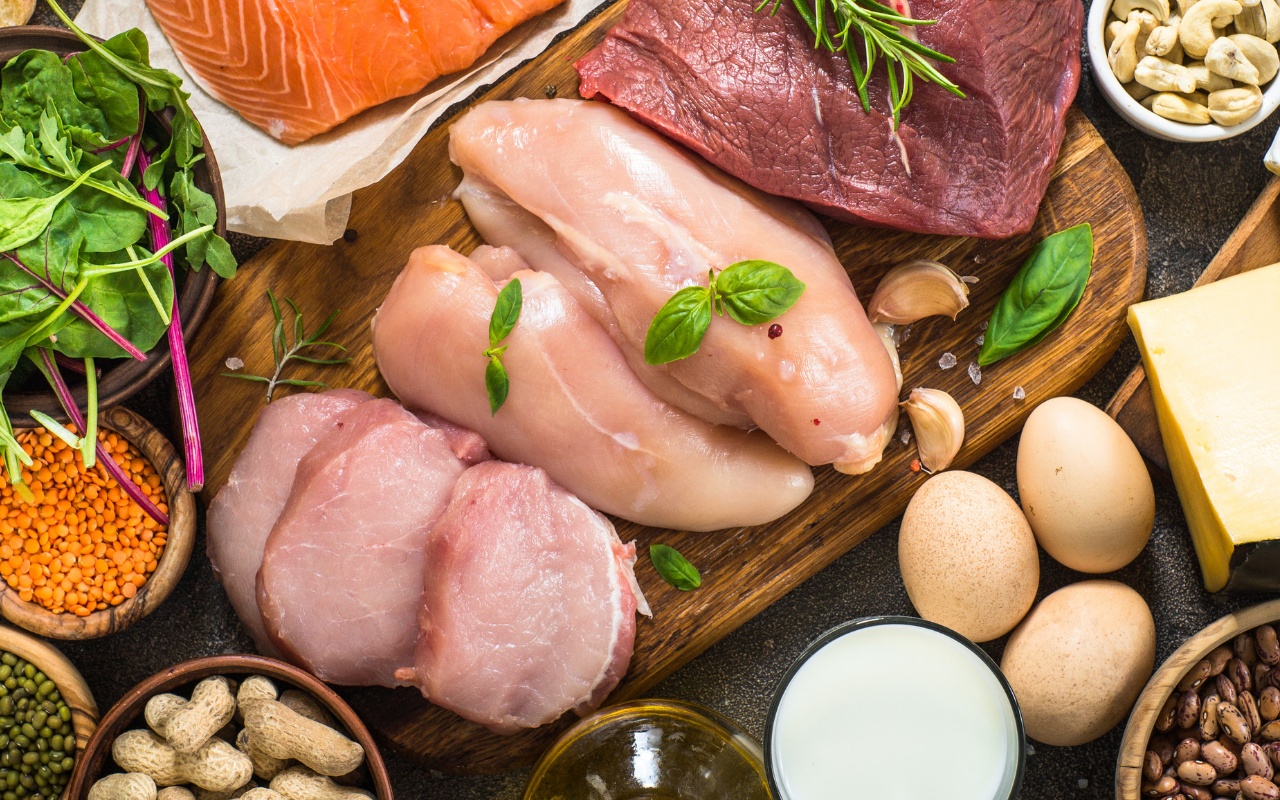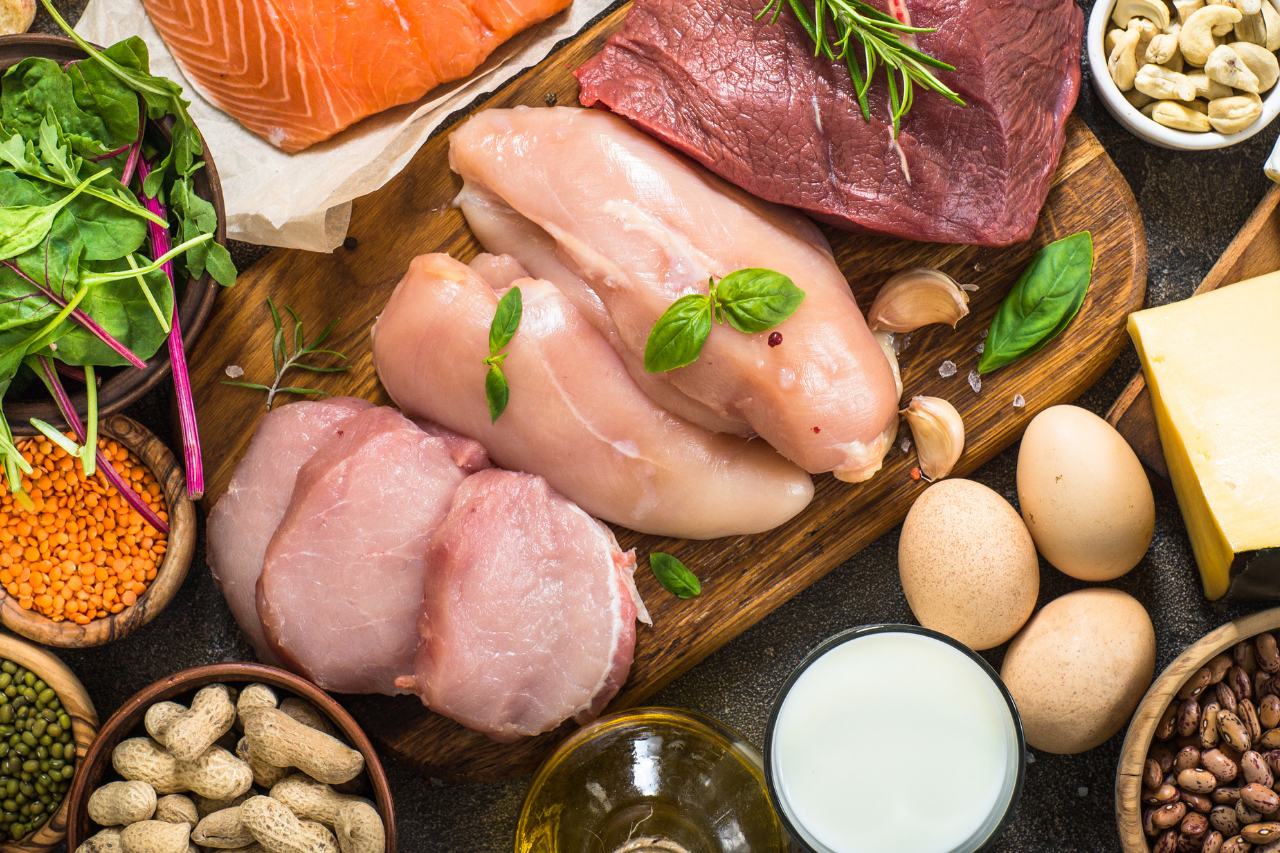
Animal protein: A key part of a balanced diet
Meat is a key source of nutrition and well-being. It contains proteins of high biological value and essential vitamins and minerals critical for a balanced diet at all ages. In the debate about healthy eating, science continues to highlight the critical role played by animal protein. Preferences and trends aside, its quality, bioavailability, and nutritional […]

Meat is a key source of nutrition and well-being. It contains proteins of high biological value and essential vitamins and minerals critical for a balanced diet at all ages.
In the debate about healthy eating, science continues to highlight the critical role played by animal protein. Preferences and trends aside, its quality, bioavailability, and nutritional density makes it a hard-to-replace component in a balanced diet.
A key contribution at all ages
Meat consumption is particularly important for certain groups:
- Children and adolescents: It promotes muscle and bone growth.
- Pregnant and breastfeeding women: It provides essential nutrients for mother and baby.
- Older adults: It helps prevent muscle loss and maintain overall well-being.
- Active and athletic people: It promotes muscle recovery and performance.
High protein quality and hard-to-replace nutrients
Meat contains all the essential amino acids in optimal rates for the human body. It also provides vitamins and minerals that are difficult to obtain in sufficient quantities from plant sources, such as:
- Vitamin B12: Essential for the nervous system and red blood cell production.
- Heme iron: Highly bioavailable, it is essential for preventing anemia.
- Zinc, phosphorus, and selenium: Key to immune, bone, and metabolic functions.
Pork and poultry: Versatile and nutritious proteins
Within the wide range of meats available, some stand out for their balance of nutritional value, accessibility, and ease of preparation. This is the case with pork and poultry, both widely consumed in Chile and valued for their versatility and essential nutrients.
Pork:
- Rich in heme iron and B vitamins, especially B1 (thiamine).
- Provides proteins of high biological value.
- Lean cuts contribute unsaturated fats that are beneficial for cardiovascular health.
Poultry:
- Source of lean protein, easy to digest and low in fat.
- Provides phosphorus and selenium, essential minerals for bones and immune systems.
- Versatile and adaptable to various recipes and nutritional needs.
While a plant-based diet can be balanced with proper planning and supplementation, meat remains a high-quality protein source that is hard to replace. Its role in health, growth, and food security makes it a key element in a varied, complete, and conscious diet.
